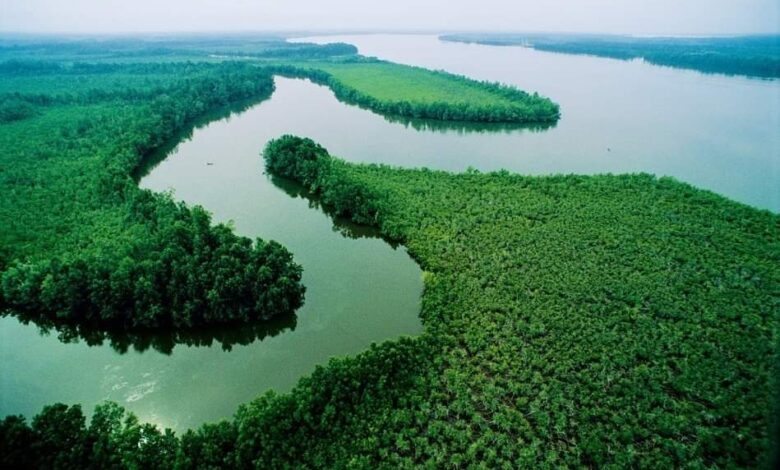Life Style
Nigeria’s Famous Rivers

Nigeria, with its diverse geography, is home to numerous rivers that play crucial roles in the country’s ecosystem, economy, and culture. These rivers provide essential resources, support agriculture, and serve as important transportation routes. Here’s a look at some of Nigeria’s most famous rivers:
- River Niger
The River Niger is Nigeria’s most significant river, stretching approximately 4,180 kilometers (2,600 miles) across West Africa. It flows from the Guinea Highlands in the southeast through Nigeria before emptying into the Gulf of Guinea. The River Niger is vital for transportation, agriculture, and industry. It supports a rich variety of wildlife and is crucial for the livelihoods of millions of Nigerians living along its banks. - River Benue
The River Benue, a major tributary of the River Niger, extends about 1,400 kilometers (870 miles). It originates in the Adamawa Plateau and flows through Nigeria, joining the River Niger at Lokoja. The Benue River is essential for agriculture and transportation in the central region of Nigeria, and it supports diverse ecosystems along its course. - River Kaduna
The River Kaduna is another significant river in Nigeria, flowing through the northern part of the country. It is a major tributary of the River Niger and is crucial for the agricultural activities in the Kaduna State and surrounding areas. The river’s waters are used for irrigation, and it plays an important role in the local economy. - River Ogun
Originating from the Oyo State highlands, the River Ogun flows through southwestern Nigeria before emptying into the Lagos Lagoon. The river is an essential resource for the region’s agriculture and local communities. It also plays a role in providing water for various industrial and domestic uses. - River Cross
The River Cross, also known as the River Kwa, is located in southeastern Nigeria. It flows into the Atlantic Ocean and is notable for its ecological diversity. The river supports fishing communities and contributes to the region’s agricultural activities. It is also recognized for its scenic beauty and is a source of local folklore and traditions. - River Imo
The River Imo flows through southeastern Nigeria, particularly in Imo State, before joining the Atlantic Ocean. It is vital for local agriculture and supports various fishing communities. The river also plays a role in the cultural heritage of the people in the region.
These rivers are more than just waterways; they are lifelines that support agriculture, industry, and daily life in Nigeria. They hold cultural and historical significance and are integral to the country’s development and environmental sustainability.




